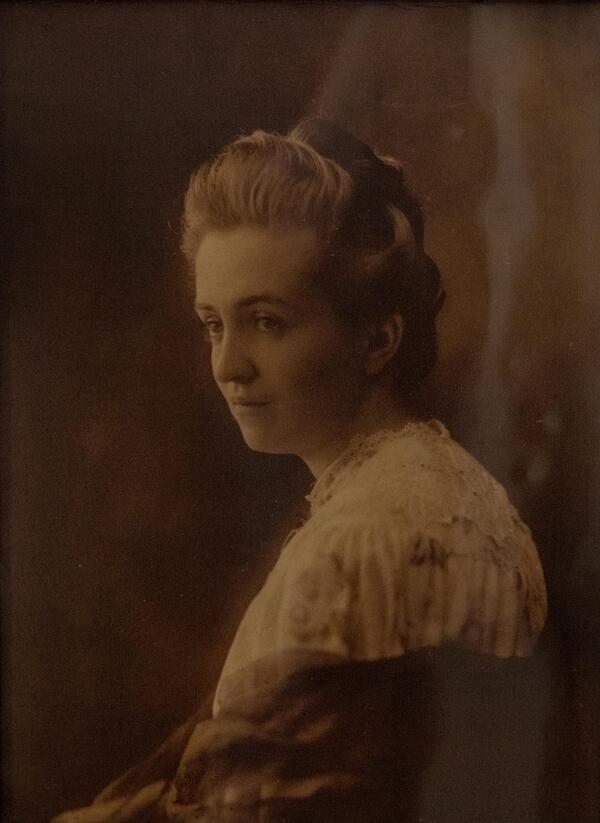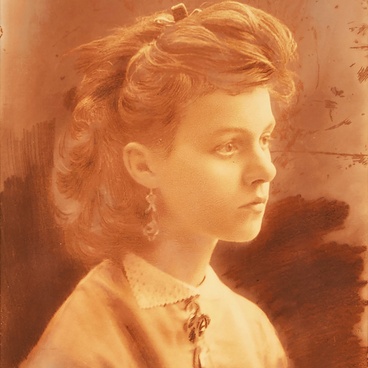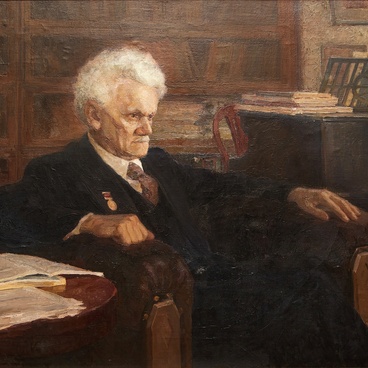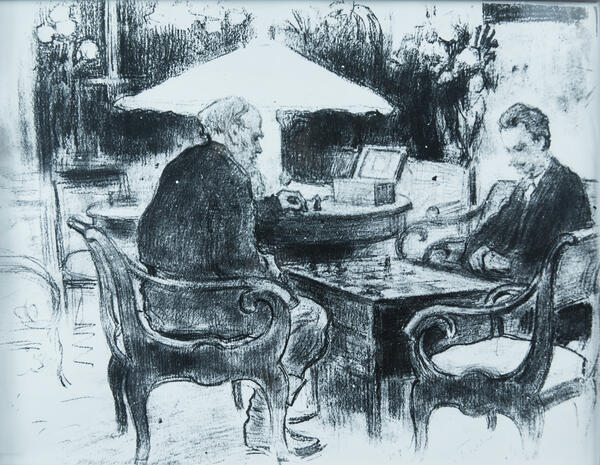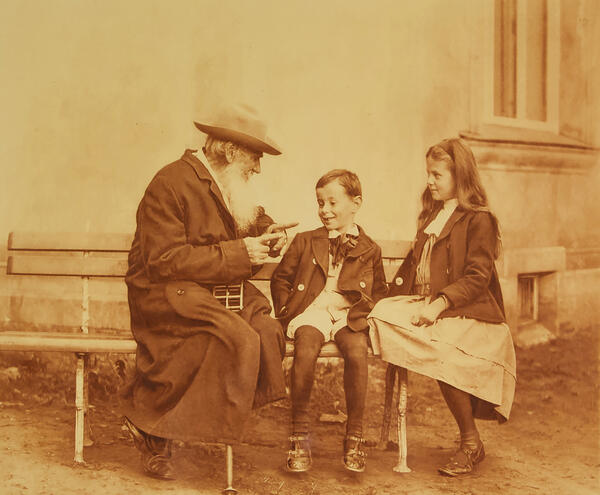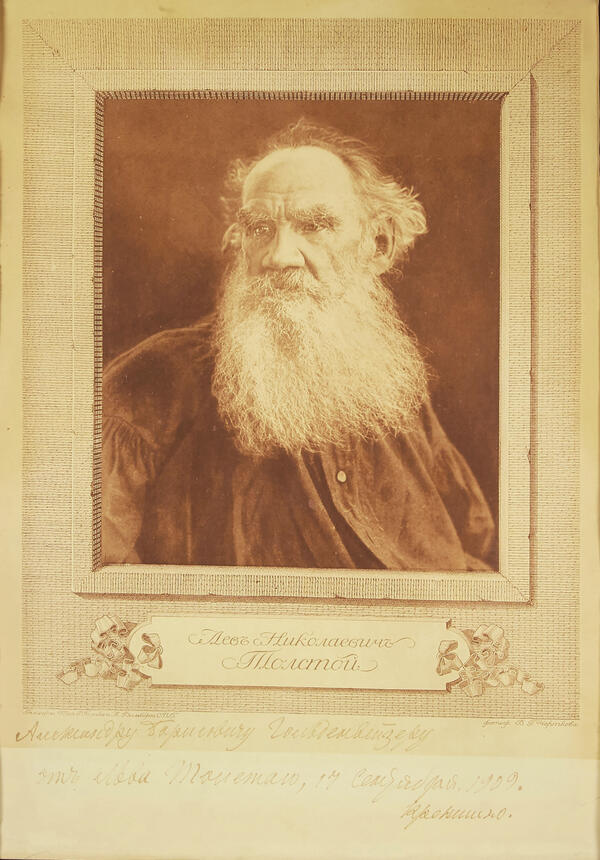The first wife of the outstanding musician Alexander Goldenweiser Anna Alekseyevna was born on December 9, 1881. Her father, Alexey Semyonovich Sofiano, was an officer. She received a good education at the Moscow Orphan’s Institute of Emperor Nicholas I, which helped her to enter the class of Vasily Ilyich Safonov at the Moscow Conservatory. Safonov highly appreciated the young girl’s talent and used to say that Anna “can hear the grass grow.” In 1905, Anna graduated from the Moscow Conservatory with a free artist diploma and a Large Silver Medal, but she did not give concerts, because she was too strict with herself.
Anna Goldenweiser devoted her whole life to musical pedagogy: she taught at the Moscow People’s Conservatory, after it was closed — at the E.E. Linyova college, and then — at the technical school named after A. and N. Rubinstein. Anna was remembered by music historians and lovers of musical art as a translator of Frederic Chopin’s letters and a compiler of the most complete collection of the composer’s letters at that time. She devoted the last years of her life to this work.
An intelligent, educated person with a rich inner world and a strong will, an excellent pianist, Anna became a true friend to Alexander. In his letters to his wife, he continually expressed the idea of the obligation to protect the soul of a loved one from the icy wind of life, from despondency, from disappointments. At the same time, Goldenweiser considered his wife a reliable supporter, because she had a more integral personality and more powerful moral strength. Of all his numerous correspondents, Goldenweiser wrote easily and willingly only to his wife. Very often he began a letter in the evening, then, having wished good night, he went to bed himself, and in the morning, he finished the letter, greeting his wife as if she were nearby. For him, correspondence with Anna was a continuation of their live communication.
The couple were frequent and welcome guests at Leo Tolstoy’s estate in Yasnaya Polyana. On one of these trips in the early 1900s, the writer’s close friend Chertkov took a photograph of Anna Goldenweiser. In the portrait, we see a vivid image of a young girl, striking us with incredible femininity and charm. The sad look of large eyes, tightly pressed lips, the turn of the head tell the viewer that she was gentle, romantic, but withdrawn in the presence of strangers. In this photograph, Chertkov managed to capture Anna’s best qualities.

